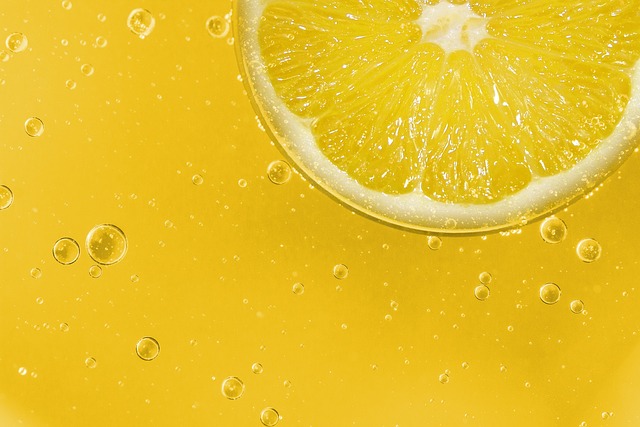Probiotics are beneficial bacteria that live in our gut and help to maintain a healthy digestive system. They are found in foods such as yogurt, kimchi, sauerkraut, and kefir, as well as in supplement form. While probiotics have been shown to improve overall digestive health, they may also play a role in boosting athletic performance and recovery.
The Gut-Brain Connection
The gut and the brain are connected via the enteric nervous system, which is a complex network of neurons that regulate digestion. This means that the health of our gut can affect the health of our brain, and vice versa. Probiotics can influence this relationship by enhancing the diversity and abundance of healthy gut bacteria, which in turn can improve brain function.
Research has shown that the gut microbiota can modulate brain activity and behavior, and that disruptions to the gut microbiome can lead to neurological disorders such as depression and anxiety. By improving the health of our gut with probiotics, we may be able to improve our mental state and cognitive function.
Reducing Inflammation
Inflammation is a natural response to injury or infection, but chronic inflammation can be detrimental to our health and athletic performance. Probiotics have been shown to reduce inflammation in the body, which can speed up recovery from exercise-induced muscle damage and improve overall performance.
In one study, athletes who took a probiotic supplement for four weeks had lower levels of inflammation markers in their blood after a cycling race compared to those who took a placebo. Another study found that probiotics reduced muscle damage and inflammation after a marathon.
Improving Digestive Health
Poor digestive health can lead to uncomfortable symptoms such as bloating, gas, and constipation, which can negatively impact athletic performance. Probiotics can improve digestive health by restoring the balance of healthy gut bacteria and improving the function of the digestive tract.
Research has shown that probiotics can be effective in treating gastrointestinal disorders such as irritable bowel syndrome (IBS) and inflammatory bowel disease (IBD). These conditions can cause significant disruptions to athletic performance and recovery, so incorporating probiotics into a training regimen may be beneficial.
Boosting Immunity
Intense training can put stress on the immune system, leaving athletes more susceptible to illness and infection. Probiotics have been shown to enhance immune function by promoting the growth of beneficial gut bacteria and modulating the immune response.
In one study, athletes who took a probiotic supplement for 12 weeks had a reduced incidence of respiratory tract infections compared to those who took a placebo. Another study found that probiotics improved immune function in elite athletes during intense training sessions.
Conclusion
Incorporating probiotics into a training regimen may be beneficial for athletes looking to improve their performance and recovery. Probiotics can reduce inflammation, improve digestive health, and enhance immune function, all of which can contribute to better athletic performance. Additionally, probiotics may have a positive impact on mental health, which can also play a role in athletic performance.
As with any supplement, it is important to consult with a healthcare professional before beginning a probiotic regimen. Additionally, it may take some time to see the full benefits of probiotics, so consistent use is key.







